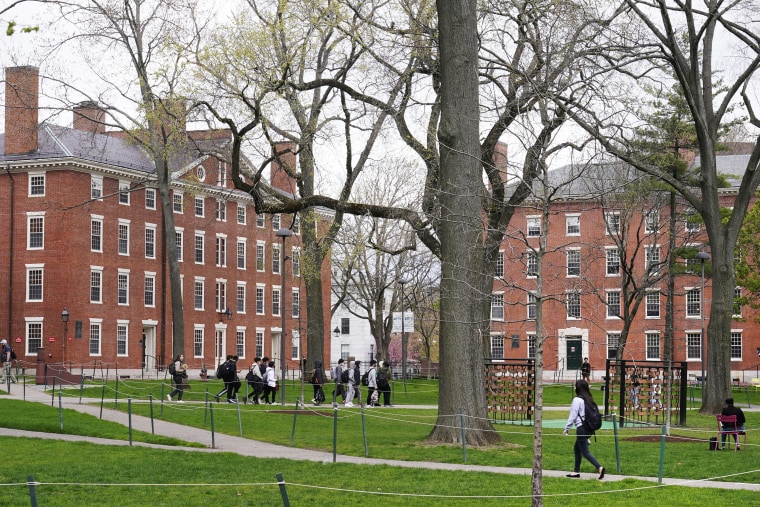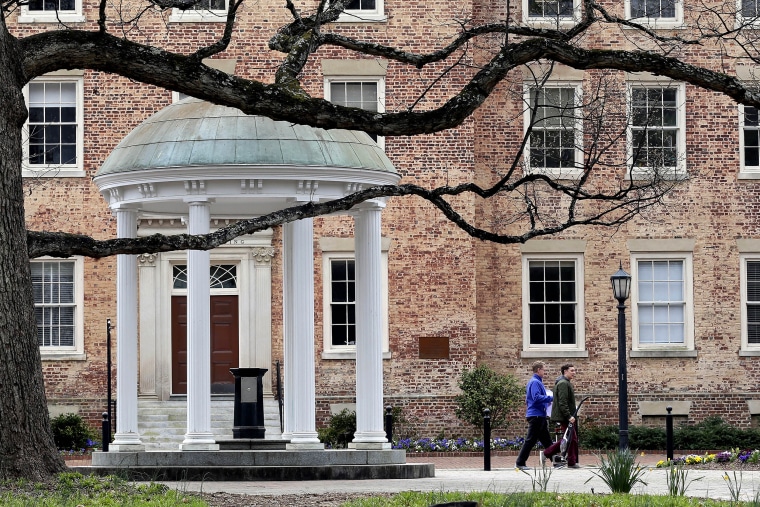WASHINGTON — The Supreme Court took a procedural step Friday that will allow the court’s first Black woman to participate in a high stakes challenge to affirmative action in college admissions.
The court agreed in January to take up the issue by granting two cases — one involving Harvard, a private university, and the other from the University of North Carolina, a public institution. The two cases were consolidated, meaning they were to be argued and decided together.
During her confirmation hearing, Justice Ketanji Brown Jackson said she would not take part in the consideration of the affirmative action issue, because she was on a board that advised Harvard on policy matters. Participating in the case would present a potential conflict of interest, she said.

But in a brief order Friday the court said the two cases are no longer consolidated. Because they’re now separate, she can participate in the case from the University of North Carolina.
The court said Justice Jackson took no part in the consideration of Friday’s order.
The court’s January decision to take up the cases presented the most serious threat in decades to the use of affirmative action by the nation’s public and private colleges and universities.
The court has repeatedly upheld affirmative action in the past. But two of the justices who were key to those decisions are gone — Anthony Kennedy and Ruth Bader Ginsburg. Their replacements, Trump appointees Brett Kavanaugh and Amy Coney Barrett, are more conservative and less likely to find the practice constitutional.

The challenges to be heard in the fall were brought by groups backed by a longtime opponent of affirmative action, Edward Blum of Maine. He sued Harvard and UNC in federal court, claiming their undergraduate admissions systems were discriminatory — against Asian American students in the Harvard case and both Asian American and white students in the North Carolina case.
The groups lost in the lower courts, which ruled that a school’s limited consideration of race was a legitimate effort to achieve a more diverse student body.
The Supreme Court has long barred racial quotas in admissions. But it has allowed schools to consider a student’s race to be one “plus factor” among many other qualities, provided the admissions process looks at the overall qualifications of applicants and uses race no more than necessary to achieve a level of diversity.
The Supreme Court will hear the cases in its next term, which begins in October.
Source: | This article originally belongs to Nbcnews.com










